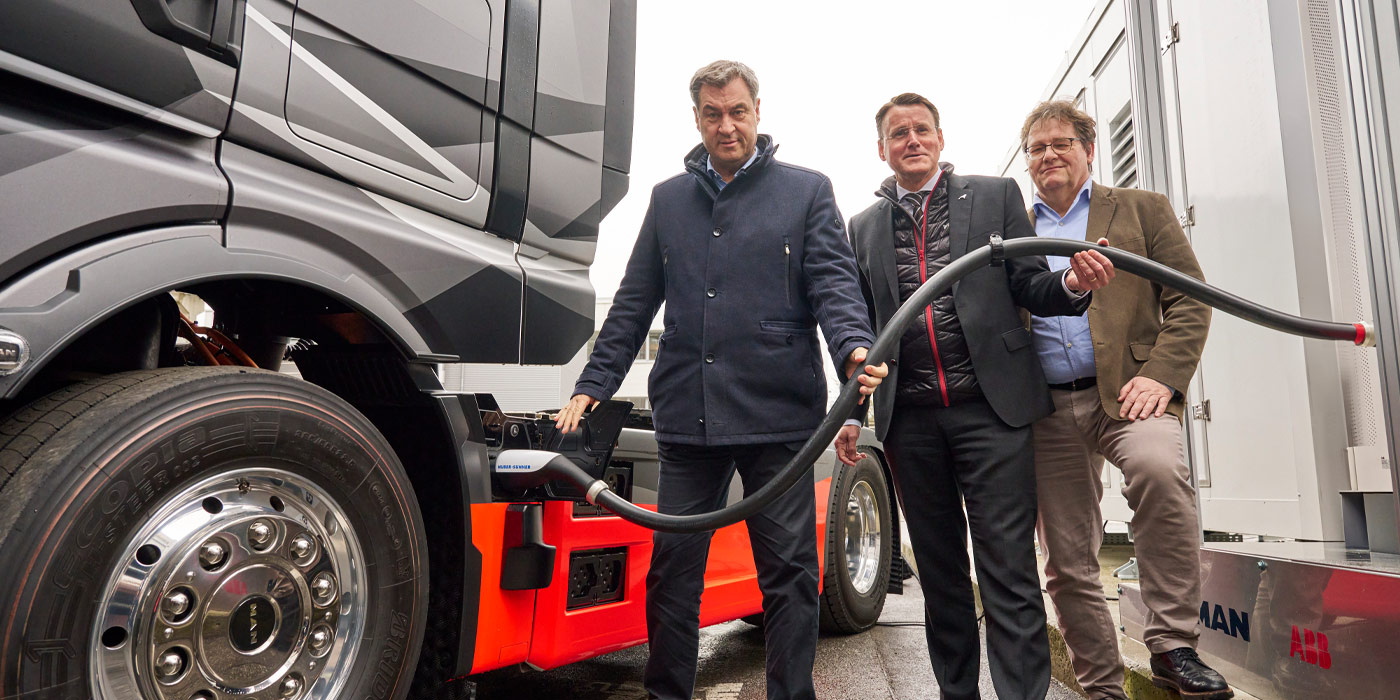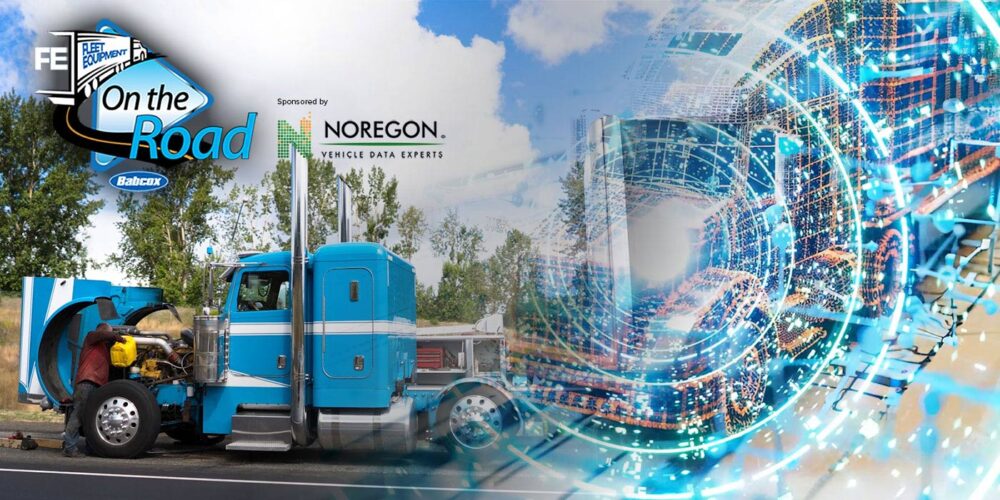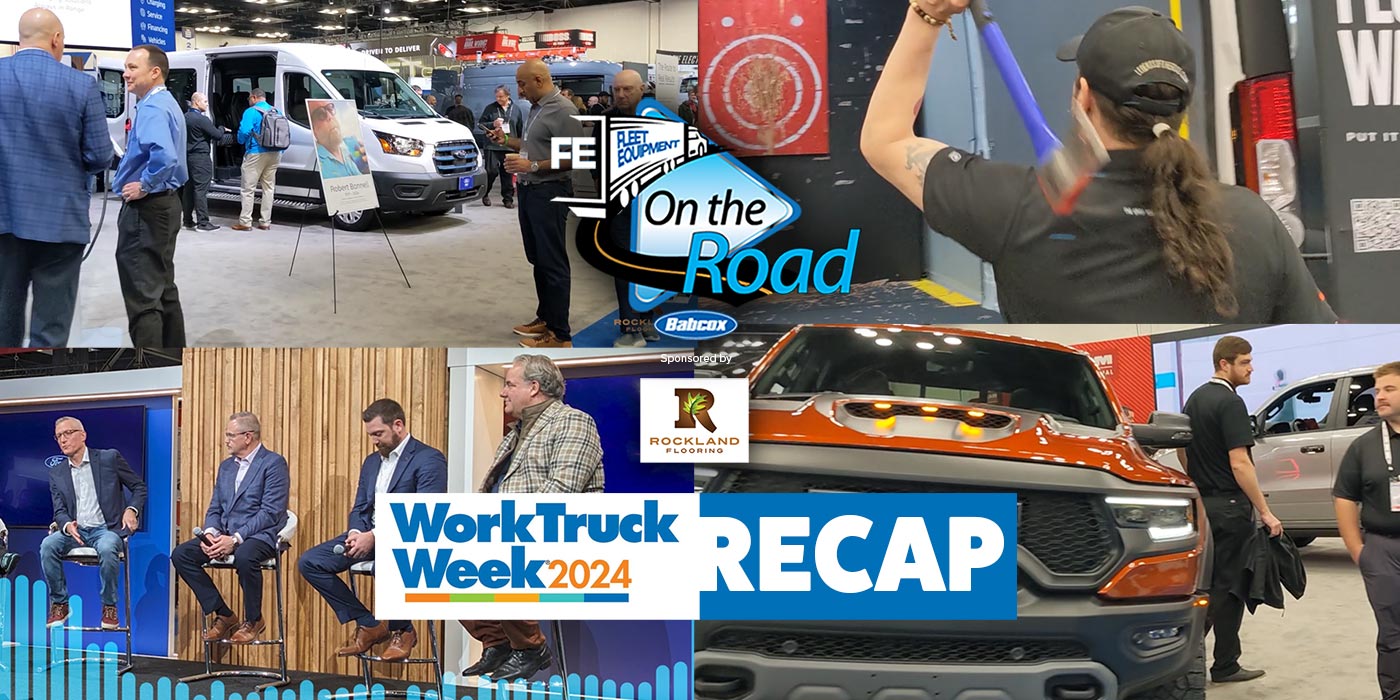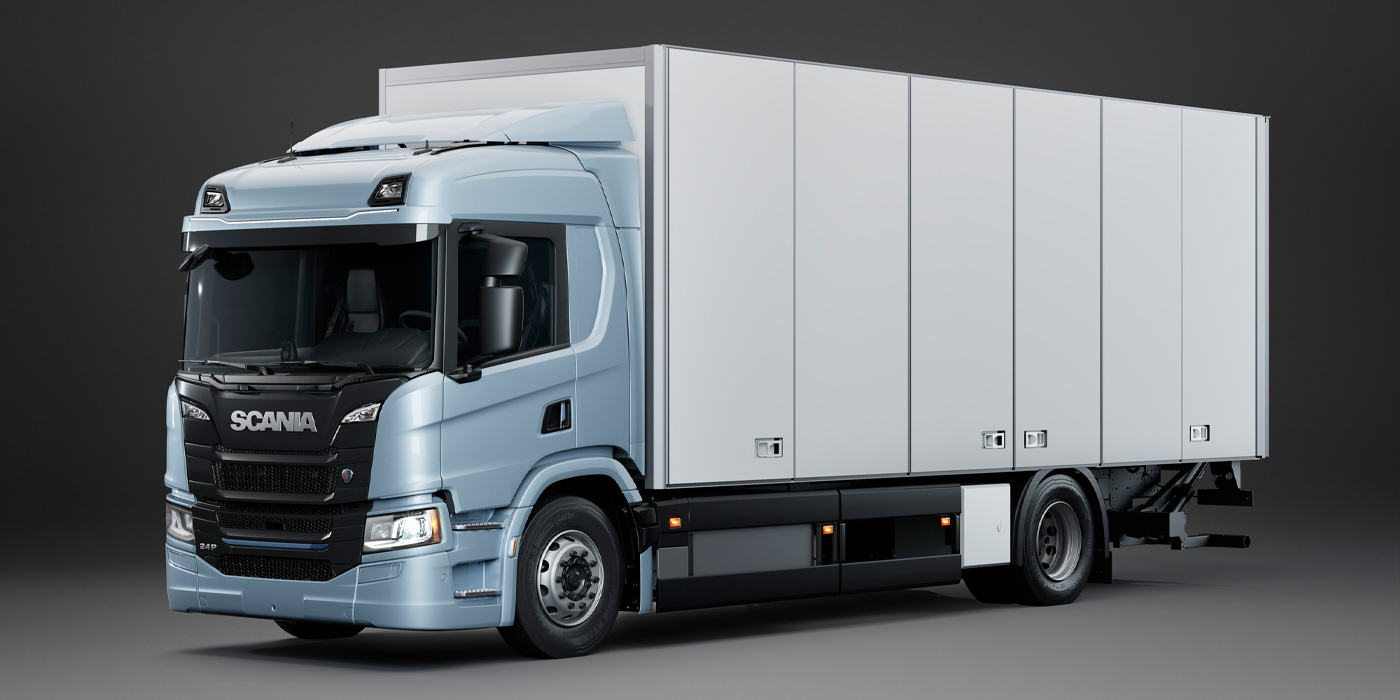The industry is always changing day after day. Exciting? Absolutely. Efficient? You know it. Sustainable? Getting there. Rapid? Very much so. Easy to keep up with?….Ha! No… Not in the slightest.
You see, as technology and equipment offerings continue to increase in complexity, this only adds to the list of head-scratchers fleet managers face on a regular basis. If you don’t believe me, just ask Kevin Clark, senior talent acquisition manager for Cox Automotive, about the industry’s multitude of challenges.
“I think fleet managers are living in a very interesting time right now where problems from the past still exist, and new problems are coming up. So think about the problems from the past: you’ve had cost pressure related to our inflation growth. And on top of that, this past week I read that diesel prices jumped 3.9 cents. So that’s even added more pressure. The freight hasn’t ever come back from the pandemic. It’s got so much cyclical nature about it. So they’re having to really watch their margin when they’re dealing with their customers. The technician shortage is still there, still an issue which has caused technician pay rates to increase, and that’s added cost pressure to their fleet.”
Change is sweeping through the industry, permeating every segment through various avenues. When it comes to electrification and sustainability trends, what is Cox Automotive observing within its customer base?
“These companies have sustainability goals, they have the desire to move towards clean transportation,” Clark said. “And they’ve got to understand and figure out how they build the infrastructure at their facilities, what infrastructure there’s going to be in their routes. And then the vehicles themselves aren’t quite ready, but those that are, are very expensive.”
Any seasoned vet in the industry understands that the current industry ambition to transition to EVs takes a lot more than just swapping out engines for batteries. Each fleet, application and region are experiencing vastly different circumstances. As a result, it’s evident why the zero-emissions timeline remains as varied as the alternative options available in the market.
“One major difference is if you’re in a vocational or a light medium duty fleet, those types of clients are moving quicker toward the EV transition,” Clark said. “And in that space we’re training our technicians to be EV certified, and be able to take care of their equipment however necessary.”
The transition is by no means an overnight one. It will take time, funds and immense planning. This is why fleets continue to actively maintain the health of their existing trucks.
“I think a lot of fleet managers in this space of thinking about the EV transition have decided to really just dip their toe into the transition at this point, because of all the options and types of vehicles and equipment and uncertainty associated with those types of alternative fuel vehicles,” Clark said. “One of the things I’ve been noticing and seeing, especially over the past two years, is fleets extending the life of their vehicle. I’ve had a lot of our clients ask us to do refurbishments. And when I talk about refurbishment I’m talking about all the way, new engine, new paint, new everything to try to keep a piece of equipment.”
Having a service program designed around the needs of your fleet is crucial regardless of the technology in use. Even more important is ensuring that there is a technician readily available and equipped to fix the issue.
“If you have a fleet that’s very dispersed and you got the fragmented services, our fleet operations team and our account managers can help build solutions that ensure that there are technicians to service your equipment, either ours or other people’s that we have fully vetted.”
Achieving zero emissions is a unique journey for each fleet, but Cox Automotive makes its case for facilitating the transition to alternative transportation in the near future while additionally ensuring a content, current customer base.













